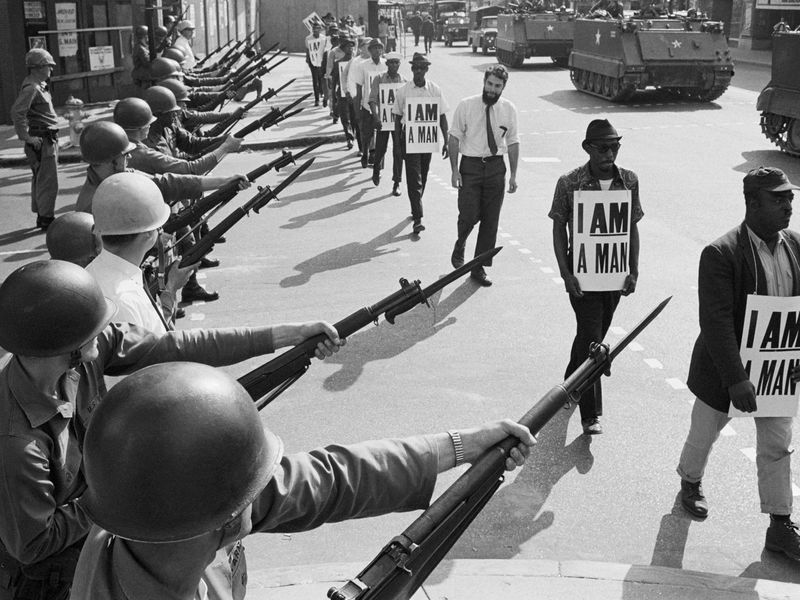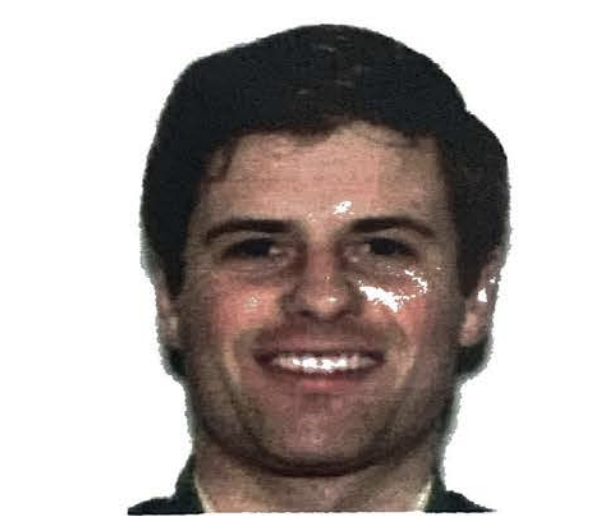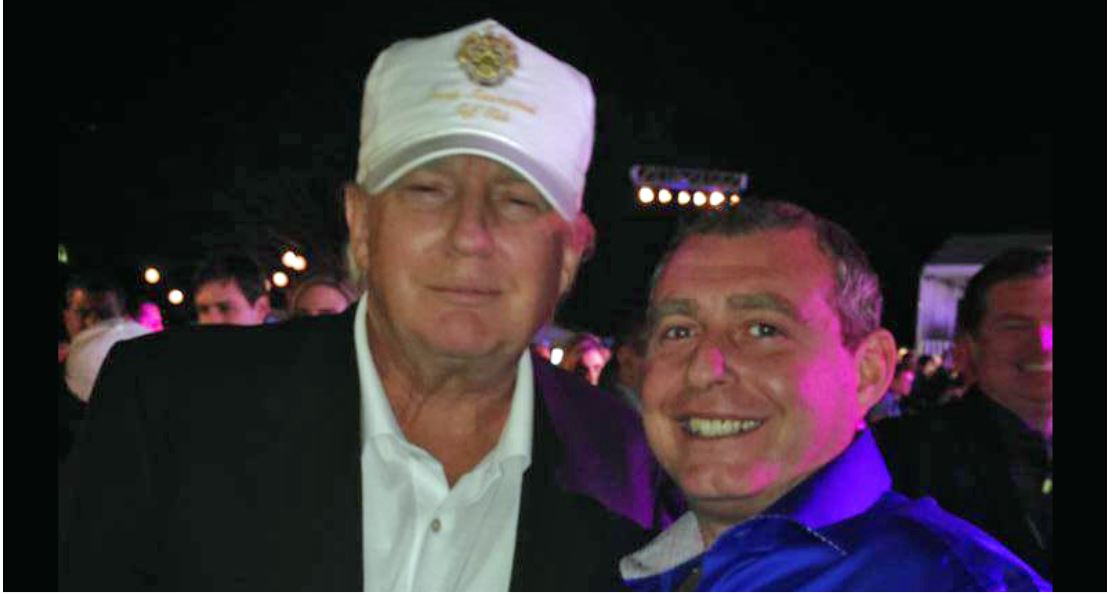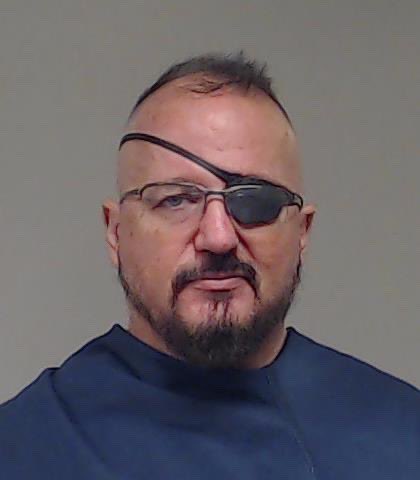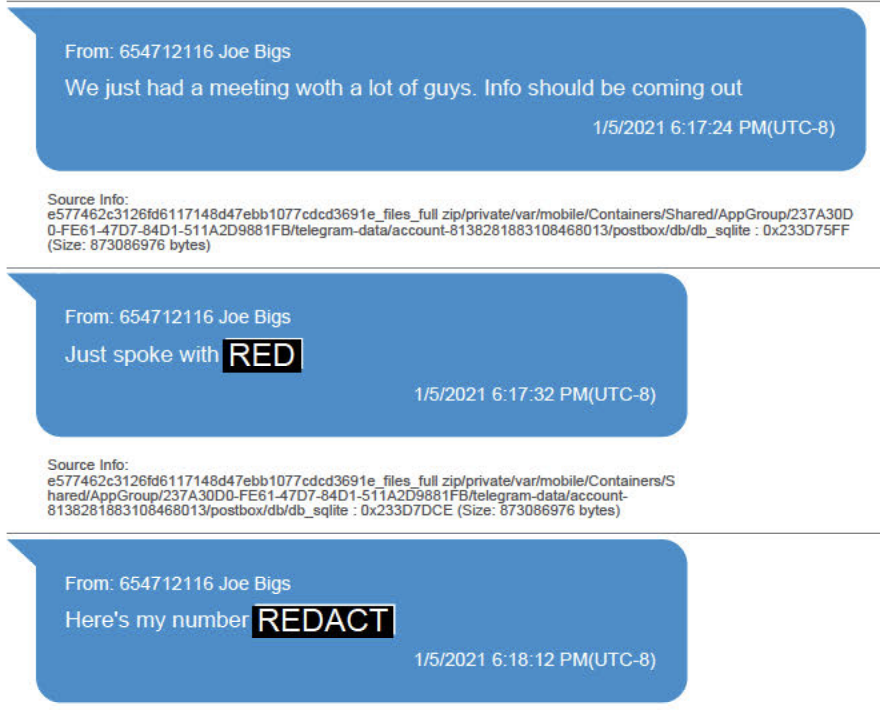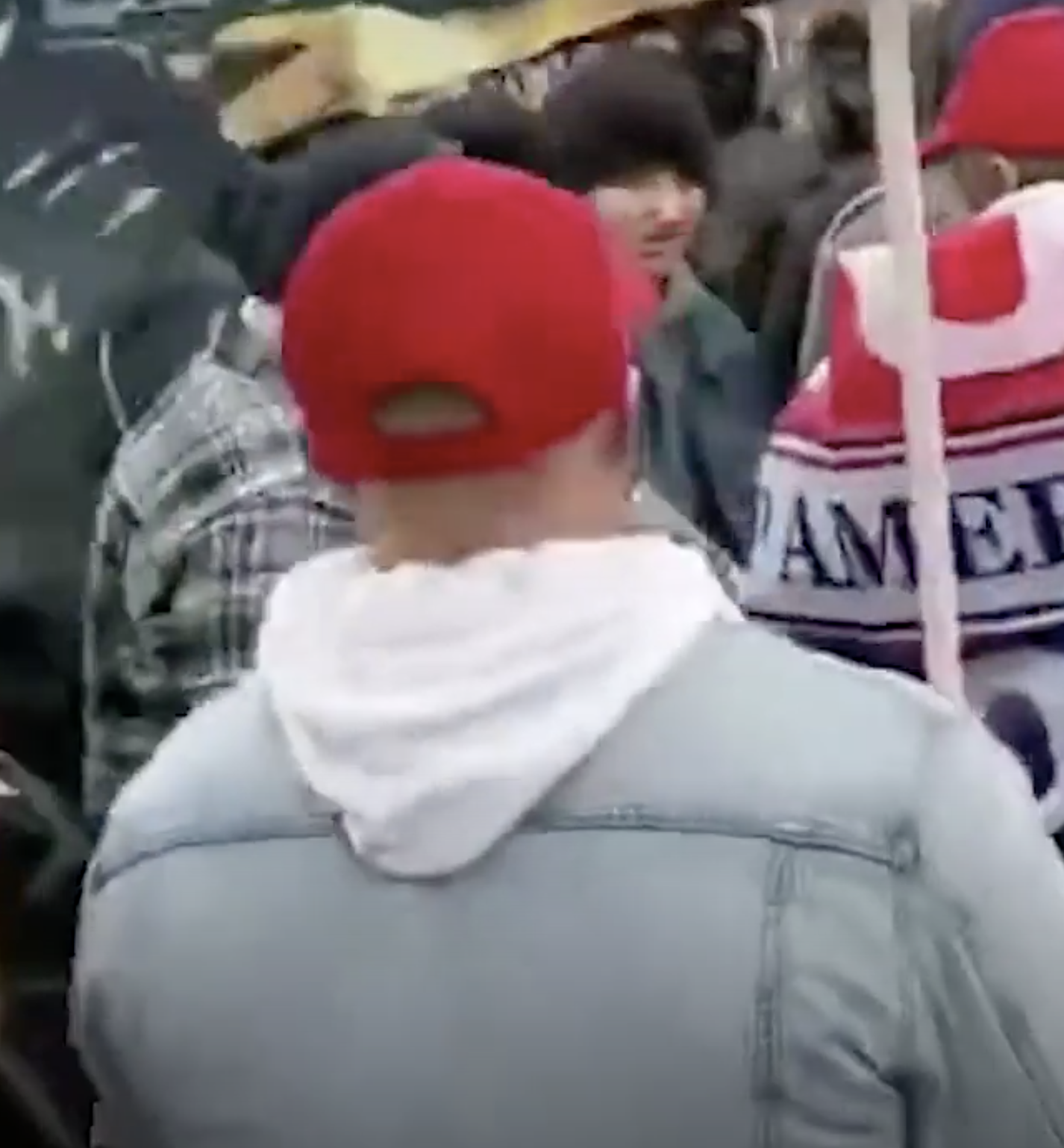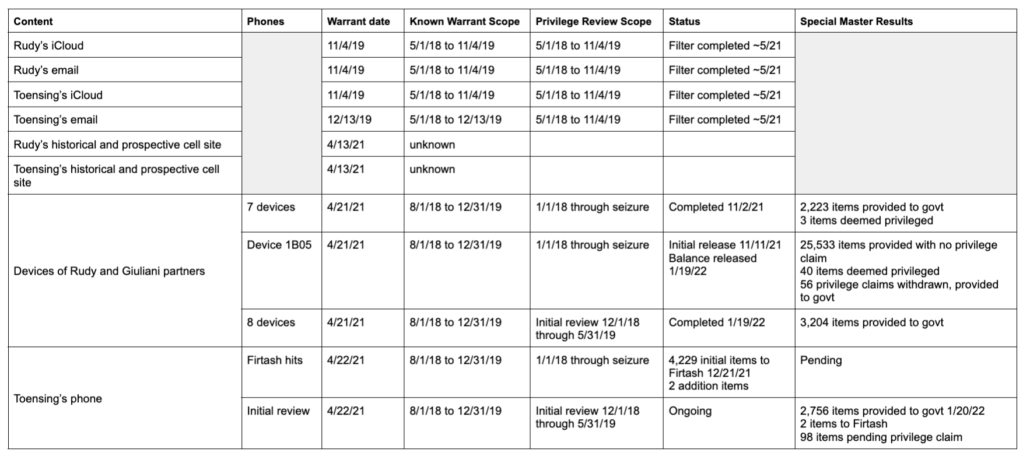Judge David Carter Confirms Trump Could Be Prosecuted for [A Lower Standard of] Obstruction
As you’ve no doubt heard, Judge David Carter issued an order releasing 91 documents from the days before and the day of the insurrection to the January 6 Committee. Chapman University professor John Eastman had attempted to withhold them from the 6 Committee under privilege claims. Judge Carter allowed Eastman to withhold just ten documents, most pertaining to then-ongoing lawsuits.
The headline finding from his opinion is that Judge Carter found it more likely than not that Trump committed the crime hundreds of other insurrectionists have been charged with — obstruction of an official proceeding — and Eastman and Trump (and others) entered into a conspiracy to do so.
On August 19, I laid out that if Trump were to be prosecuted, it would be for conspiring to obstruct the vote count. At the the time, TV lawyers ignored me, thinking they knew better. In December, after Liz Cheney argued that Trump had obstructed an official proceeding, those same TV lawyers started adopting the theory as if they had come up with it. Now a judge has agreed that it is likely that Trump did commit that crime that I laid out back in August.
Sometimes I hate to say I told the TV lawyers so. This is not one of those times.
Especially since, of the three kinds of overt acts that Carter cites to substantiate his decision, two — Trump’s pressure on Mike Pence and his mobilization of his mob to march on the Capitol — are Trump actions about which DOJ has been accumulating piles of evidence. In my opinion, by including the mobilization of the mob in his opinion, Carter showed a better understanding of Trump’s legal exposure than the Committee.
There are five elements Carter needed to establish to make his finding. First, to find Trump may have obstructed a vote count, Carter pointed to:
- Proof the vote certification was an official proceeding
- The actions Trump took to obstruct that official proceeding
- Proof of Trump’s corrupt intent
Then, to show that Trump and Eastman (and others) entered into a conspiracy to obstruct the vote count, he pointed to:
- An agreement to defraud the US
- Eastman’s own dishonest actions
Carter didn’t spend much time on the official proceeding prong. Instead he relied on the ten existing DC rulings on the issue finding the vote certification was an official proceeding cited in the committee brief (there are now at least 13 opinions finding it to be an official proceeding, though Carter did not address the issue on which Judge Carl Nichols had differed from his colleagues, whether obstruction required destroying of documents).
Carter pointed to three kinds of acts that amounted to Trump’s effort to obstruct the election: two meetings before January 6 where they discussed pressuring Pence, several appeals on the morning of January 6 to Pence (including on Twitter), and “galvanizing the crowed to join him in enacting the plan,” by walking to the Capitol.
President Trump facilitated two meetings in the days before January 6 that were explicitly tied to persuading Vice President Pence to disrupt the Joint Session of Congress. On January 4, President Trump and Dr. Eastman hosted a meeting in the Oval Office with Vice President Pence, the Vice President’s counsel Greg Jacob, and the Vice President’s Chief of Staff Marc Short.209 At that meeting, Dr. Eastman presented his plan to Vice President Pence, focusing on either rejecting electors or delaying the count.210 When Vice President Pence was unpersuaded, President Trump sent Dr. Eastman to review the plan in depth with the Vice President’s counsel on January 5.211 Vice President Pence’s counsel interpreted Dr. Eastman’s presentation as being on behalf of the President.212
On the morning of January 6, President Trump made several last-minute “revised appeal[s] to the Vice President” to pressure him into carrying out the plan.213 At 1:00 am, President Trump tweeted: “If Vice President @Mike_Pence comes through for us, we will win the Presidency . . . Mike can send it back!”214 At 8:17 am, President Trump tweeted: “All Mike Pence has to do is send them back to the States, AND WE WIN. Do it Mike, this is a time for extreme courage!”215 Shortly after, President Trump rang Vice President Pence and once again urged him “to make the call” and enact the plan.216 Just before the Joint Session of Congress began, President Trump gave a speech to a large crowd on the Ellipse in which he warned, “[a]nd Mike Pence, I hope you’re going to stand up for the good of our Constitution and for the good of our country. And if you’re not, I’m going to be very disappointed in you. I will tell you right now.”217 President Trump ended his speech by galvanizing the crowd to join him in enacting the plan: “[L]et’s walk down Pennsylvania Avenue” to give Vice President Pence and Congress “the kind of pride and boldness that they need to take back our country.”218
Together, these actions more likely than not constitute attempts to obstruct an official proceeding. [my emphasis]
It is public that DOJ has spent months focusing on the second (pressure on Pence) and third (mobilizing his mob) actions. Indeed, as I have shown, DOJ has laid out proof that many of the conspiracies had the specific goal of pressuring Pence.
To show that this met obstruction’s requirement of corrupt intent, Carter relied on a Ninth Circuit precedent that, for where he is in California, adopts a lower threshold for corrupt intent than the one adopted by the DC District judges so far.
The Ninth Circuit has not defined “corruptly” for purposes of this statute.222 However, the court has made clear that the threshold for acting “corruptly” is lower than “consciousness of wrongdoing,”223 meaning a person does not need to know their actions are wrong to break the law. Because President Trump likely knew that the plan to disrupt the electoral count was wrongful, his mindset exceeds the threshold for acting “corruptly” under § 1512(c).
There is no such precedent in DC and, as I’ve argued, Judge Dabney Friedrich’s adopted standard is actually higher than this, finding corrupt intent in the commission of otherwise illegal actions. So Carter’s opinion, on top of meeting a lower standard than DOJ would need to charge, dodged two legal issues already before the DC District judges, whether obstruction required the destruction of evidence and whether it required otherwise illegal actions. It’s not clear that the actions that he lays out would, by themselves, meet Friedrich’s standard.
Carter pointed to two kinds of proof that Trump knew the plan to obstruct the vote count was wrong. He pointed to the 60 court losses as proof that their claims of voter fraud were false. He also pointed to Trump’s demand from Brad Raffensperger for exactly the number of votes he needed to win, which Carter presented as proof that Trump cared about winning, not voter fraud (As I have repeated over and over, this is one Trump action that is otherwise illegal).
President Trump and Dr. Eastman justified the plan with allegations of election fraud— but President Trump likely knew the justification was baseless, and therefore that the entire plan was unlawful. Although Dr. Eastman argues that President Trump was advised several state elections were fraudulent,224 the Select Committee points to numerous executive branch officials who publicly stated225 and privately stressed to President Trump226 that there was no evidence of fraud. By early January, more than sixty courts dismissed cases alleging fraud due to lack of standing or lack of evidence,227 noting that they made “strained legal arguments without merit and speculative accusations”228 and that “there is no evidence to support accusations of voter fraud.”229 President Trump’s repeated pleas230 for Georgia Secretary of State Raffensperger clearly demonstrate that his justification was not to investigate fraud, but to win the election: “So what are we going to do here, folks? I only need 11,000 votes. Fellas, I need 11,000 votes. Give me a break.”231 Taken together, this evidence demonstrates that President Trump likely knew the electoral count plan had no factual justification.
Carter then points to the two meetings (bolded above) as the moment when Eastman and Trump — and others — entered into a conspiracy to obstruct the vote count. Notably, this may put everyone else who was in that meeting on the hook for the conspiracy as well, members of an enormous conspiracy already charged against sixty people, including some seditionists.
He then pointed to Eastman’s awareness that his theories were bullshit and Pence’s repetitive insistence they were to find Eastman acted dishonestly.
The plan not only lacked factual basis but also legal justification. Dr. Eastman’s memo noted that the plan was “BOLD, Certainly.”232 The memo declared Dr. Eastman’s intent to step outside the bounds of normal legal practice: “we’re no longer playing by Queensbury Rules.”233 In addition, Vice President Pence “very consistent[ly]” made clear to President Trump that the plan was unlawful, refusing “many times” to unilaterally reject electors or return them to the states.234
[snip]
The evidence shows that Dr. Eastman was aware that his plan violated the Electoral Count Act. Dr. Eastman likely acted deceitfully and dishonestly each time he pushed an outcome-driven plan that he knew was unsupported by the law.
So on top of getting some documents, this opinion lays out a framework that envisions Trump being charged for the same crimes that DOJ has been working towards charging him and others on for over a year.
In several ways, though (the standard of proof and two legal standards he adopted on obstruction), Carter has only found Trump may have obstructed the vote count at a much lower standard than DOJ would need.


